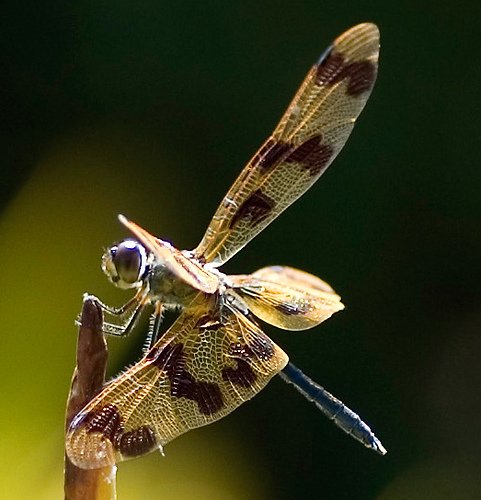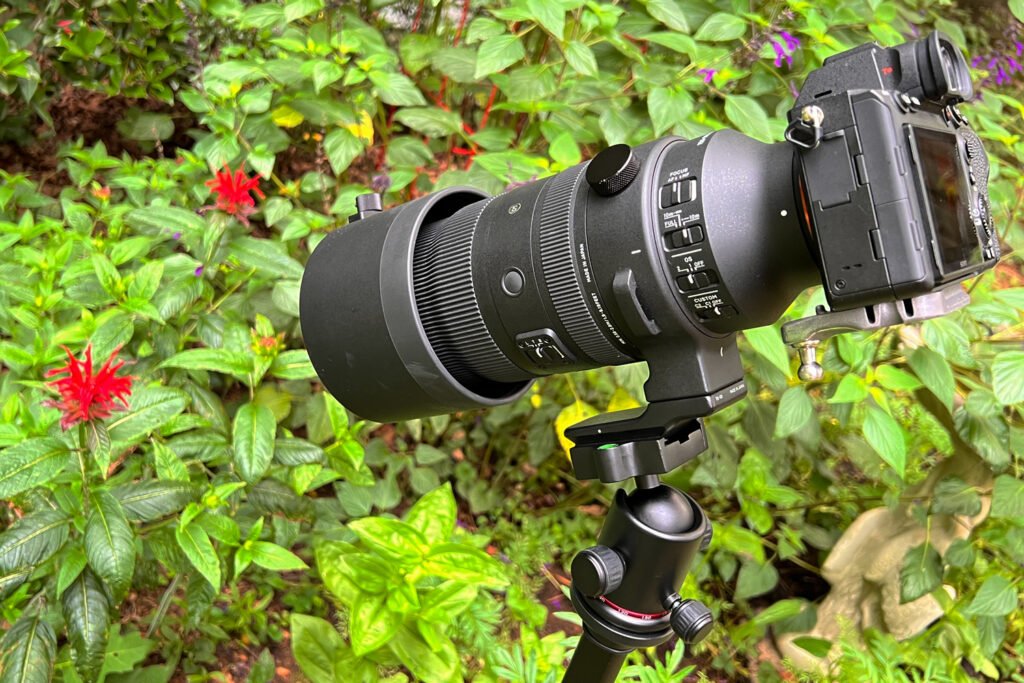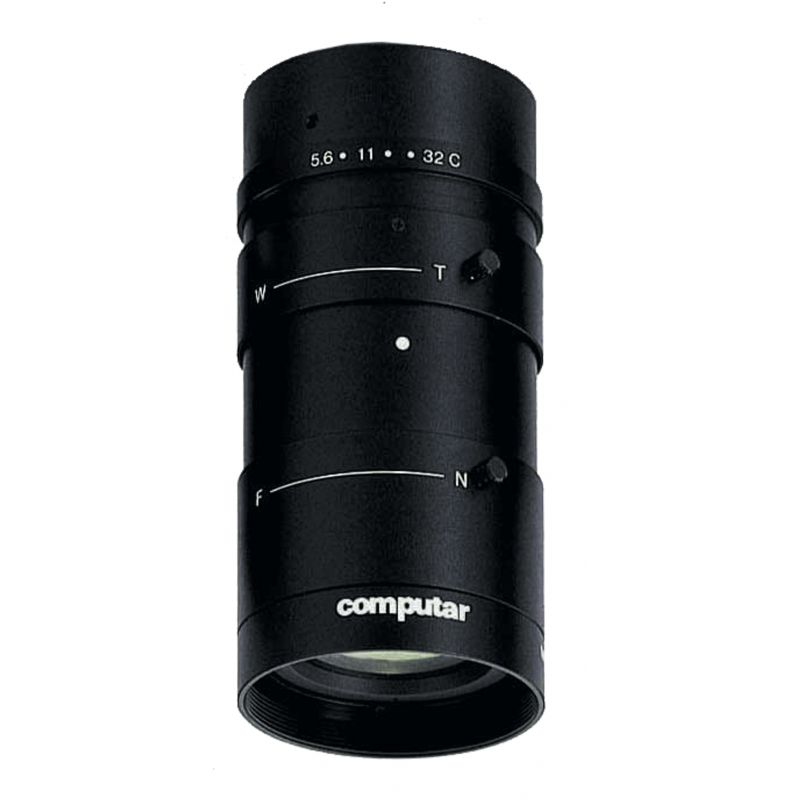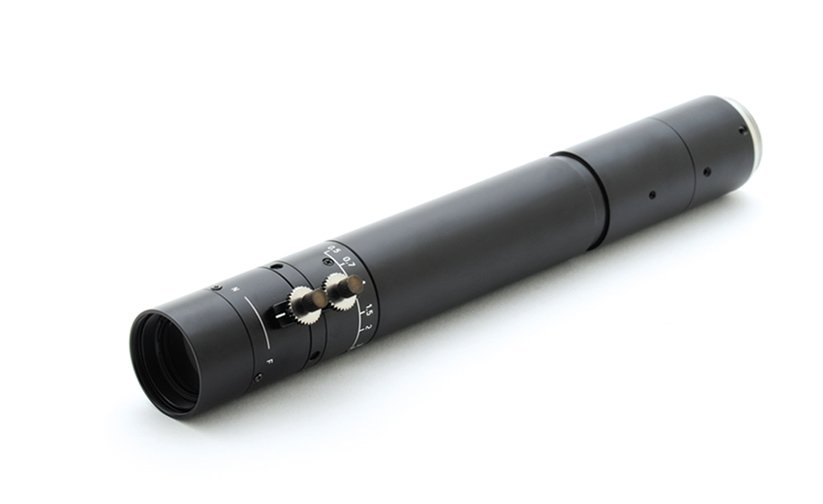Have you ever found yourself in a situation where you wanted to capture a distant landscape while simultaneously getting up close and personal with a tiny flower? If so, you might be curious about the versatility that a zoom lens with macro capabilities can offer. This type of lens can open up a world of creative possibilities in your photography, allowing you to seamlessly switch between wide shots and intricate close-ups.

This image is property of www.slrphotographyguide.com.
Understanding Zoom Lenses
What is a Zoom Lens?
A zoom lens is a type of lens that allows you to change the focal length without needing to switch lenses. This adaptability is particularly beneficial in various photography situations, whether you’re trying to capture a fleeting moment at a distance or surround yourself with intimate details.
Advantages of Using a Zoom Lens
- Versatility: Zoom lenses can cover a range of focal lengths, allowing you to shoot landscapes, portraits, and close-ups all with one lens.
- Convenience: You won’t have to constantly switch lenses, which can be disruptive in the flow of capturing an image.
- Less Gear: Carrying a zoom lens can reduce the number of items in your bag, making it easier for you to travel light.
Understanding Macro Photography
What is Macro Photography?
Macro photography focuses on capturing small subjects, depicting them in striking detail. It allows you to explore tiny worlds, revealing textures and features that you might overlook in everyday life.
Importance of Macro Photography
Macro photography can communicate emotions and tell stories in ways that larger subjects may not. It invites viewers into a new visual experience, awakening appreciation for the intricacies of nature or objects that often go unnoticed.

This image is property of blog.sigmaphoto.com.
What Makes a Zoom Lens with Macro Special?
Combination of Two Powerful Features
Imagine the ability to zoom in on a landscape, then with just a little adjustment, capture the delicate petals of a flower just inches away. A zoom lens with macro capabilities combines these two functionalities, offering you greater creative freedom.
Understanding the Zoom Ratio
Zoom ratio refers to how much a lens can magnify the subject compared to the sensor’s size. For instance, a 3x zoom ratio allows you to capture images at one-third of the original size up to three times the size of the sensor. Understanding this can help you determine the kind of zoom lens with macro capability that suits your needs.
Minimum Focus Distance
With macro photography, the minimum focus distance is crucial. It indicates how close you can be to your subject while still achieving a sharp image. A shorter distance is ideal, allowing you to capture fine details without having to step back.
Choosing the Right Zoom Lens with Macro Capability
Key Specifications to Consider
To ensure that you choose the best zoom lens for your photography needs, consider these specifications:
| Specification | Description |
|---|---|
| Focal Length | Indicates the range of zoom; consider your shooting style. |
| Maximum Aperture | A wider aperture typically helps in low-light conditions. |
| Minimum Focus Distance | The closer you can get, the better for macro shots. |
| Image Stabilization | Helps reduce camera shake, especially in low light. |
| Build Quality | A sturdy build can withstand outdoor conditions. |
Different Types of Zoom Lenses with Macro
Depending on your photography style, you may find several types of zoom lenses with macro capabilities:
-
Standard Zoom with Macro: These lenses often cover a focal range of about 24-70mm and typically have macro capabilities up to 1:3 magnification.
-
Telephoto Zoom with Macro: Perfect for capturing distant objects and doing macro photography at a distance; often covering ranges like 70-200mm.
-
Wide-Angle Zoom with Macro: Excellent for landscape and environmental shots plus detailed close-ups, typically ranging from 16-35mm.
-
Superzoom Lenses: These can cover both wide-angle and telephoto ranges but usually come at a compromise in image quality, especially for macro.

This image is property of scienscopeproducts.com.
Shooting with a Zoom Lens with Macro
Getting Started with Macro Shots
When you’re ready to capture the tiny details of the world around you, the first step is getting to know your zoom lens. Start by setting up your shot and adjusting your focal length, focusing on composition.
Lighting Matters
Good lighting can make or break your macro shots. Natural light is usually the best option, but if you’re shooting indoors or in low-light scenarios, consider using a ring light or a flash.
Use a Tripod or Stabilization Techniques
Since macro photography often requires a steady hand, use a tripod or explore stabilization techniques to minimize camera shake, especially in low light.
Practice Patience
Macro photography often requires you to wait for the perfect moment. Insects or flowers can be unpredictable, so take your time to observe your subjects.
Common Mistakes in Macro Photography
Overlooking the Background
When focusing on tiny subjects, it’s easy to forget about the background. A cluttered background can distract from your subject. Pay attention to what’s behind your subject and adjust your angle or depth of field if necessary.
Not Focusing on the Right Part
With macro photography, focusing on the right part of your subject is crucial. Whether it’s the eye of an insect or the texture of a petal, ensuring that’s the focal point will enhance the impact of your image.
Ignoring Depth of Field
Depth of field can impact how much of your image is in focus. With macro shots, the shallow depth can beautifully isolate your subject, but if you want more context, be mindful of your settings to adjust it accordingly.

This image is property of www.myutron.com.
Conclusion
Using a zoom lens with macro capabilities allows you to capture a blend of long-range and intricate detail photography. Understanding its functionalities, advantages, and some shooting tips can enhance your skills as a photographer.
Consider the types of shots you’d like to create to choose the right zoom lens that suits your needs. Have fun experimenting with composition, focusing techniques, and understanding lighting. It might just open up a new world of creativity for you! Whether you’re capturing delicate flowers or the wildlife in your back garden, you’re sure to enjoy the process of creating beautiful images that reflect the intricacies of your surroundings.
Embrace your photography journey, keep practicing, and explore the beauty of the world around you. You hold the potential to reveal stories through your lens, so grab your camera, and start capturing the world in all its thrilling detail!